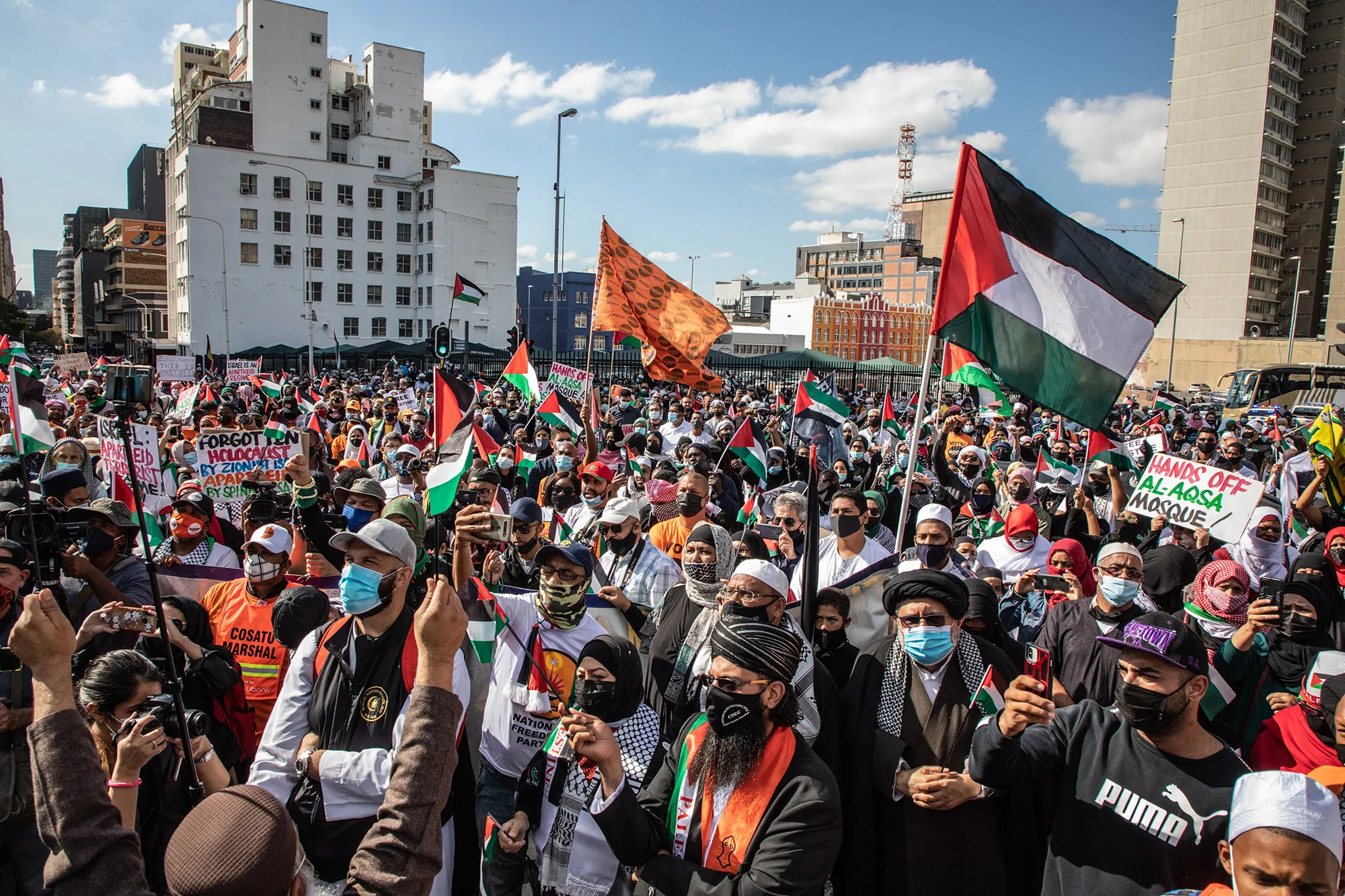
Israel-Palestine Conflict, African Union (AU) Positions and Lessons for Social Work and Development
Preventing loss of life through dialogue is crucial. What is happening in the Middle-East could be prevented by dialogue towards a two-state solution that allows both the people of Israeli and Palestine and their neighbours to live on the land of their ancestors peacefully as brothers and sisters.
The current conflict
In October 2023, the Hamas (one of Palestine defense organisations) killed several people in Israel as a protest against the occupation of Palestine and continued harassment of its people. This was followed by heavy bombardment by Israel of Palestine. While Israel says it is retaliating, this is a narrative difficult to understand because they have literally made Palestine a large open prison for families and communities, for several decades.
African Union (AU) positions
The AU supports a two-state solution, that is Israel and Palestine sharing the land of their forefathers, and living peacefully as two nations.
Israel was given observer status of the African Union (AU) by the AU administration in July 2021 but the decision was opposed by many countries led by South Africa and Algeria resulting in the status being suspended in February 2023. South Africa objected because they viewed the observe status as hypocrisy at a time ‘the oppressed people of Palestine were hounded by destructive bombardments and continued illegal settlements of the land’. Many other countries on the continent have expressed the same. However, other countries in Africa support Israel mainly because of aid in education, the military and agriculture.
Palestine got AU Observer Status in 2013.
Observer status is granted to non-members so that they could participate in other activities of the organisation, for example, addressing meetings. An observer status allows closer contacts with AU administration and policymakers. Such contacts can then be used to pursue the observer’s agenda, for example when conflict arises or during United Nations debates and voting.
Links to colonisation and apartheid in Africa
It is easy to understand South Africa’s position because of its own history of colonisation and apartheid. The white apartheid government sided with Israel but the black government sided with Palestine since 1994. During apartheid in South Africa, Israel did not support the liberation of black people but Palestine did.
As for Algeria, it gained its own independence from France’s occupation through a bloody war that ended in 1962. France was supported by western governments while Algeria had support from Arab and African countries. Algeria, today sees Israel as an extension of the West, a view shared by many.
For most Africans, the way Israelis fight for the land of their ancestors lost several years ago, and how much it gets support from the Western world, makes them think of colonial land dispossession in Africa, and how the same colonial systems work with each other to ensure that land is not returned to its rightful owners. Irony. When it comes to land in Israel, right to land is more important than Africa’s right to its own land.
Judaism and Islam that separate Israelis and Arabs today, all come from one religion, Abraham religion. When Israel and Palestine fight, they are brothers and sisters fighting. The same way Russia and Ukraine are fighting. The problem comes when outsiders take sides without caution. The fact that the Jerusalem temple belongs to all offshoots of Abrahamic religion – Judaism, Christianity and Islam, attests to this brotherhood.
Lessons for social work and development work
If Israel’s persistent fight for its land could be replicated in Africa, in countries where many lands are still in the hands of colonisers, for example South Africa, Namibia, Angola, Botswana, Mozambique and Zimbabwe partly because it has taken some of its land back, then the development needs of millions of Africans could be towards realisation.
In the same sense, if former French colonies in Africa could fight for right to their own currency, to control their own economy and military, the same way Niger is doing, that would make the fight against poverty in Africa easy.
Preventing loss of life through dialogue is crucial. What is happening in the Middle-East could be prevented by dialogue towards a two state solution that allows both the people of Israeli and Palestine and their neighbours to live on the land of their ancestors peacefully as brothers and sisters.
Lastly, aid from western countries, including Israel, should be seen as tools to gain advantage and that the ‘developmental’ objectives of aid, if there are any, are only a minor objective.
Use the form below to subscibe to Owia Bulletin.
Discover more from Africa Social Work & Development Network | Mtandao waKazi zaJamii naMaendeleo waAfrika
Subscribe to get the latest posts sent to your email.



